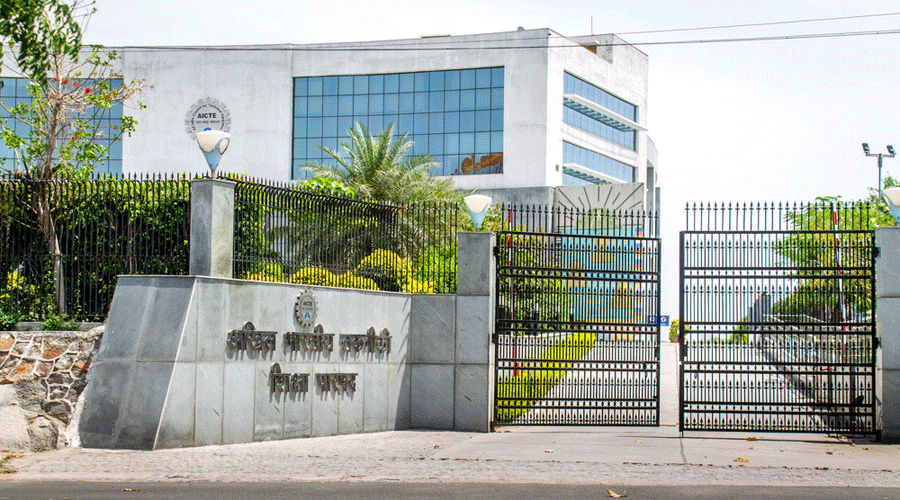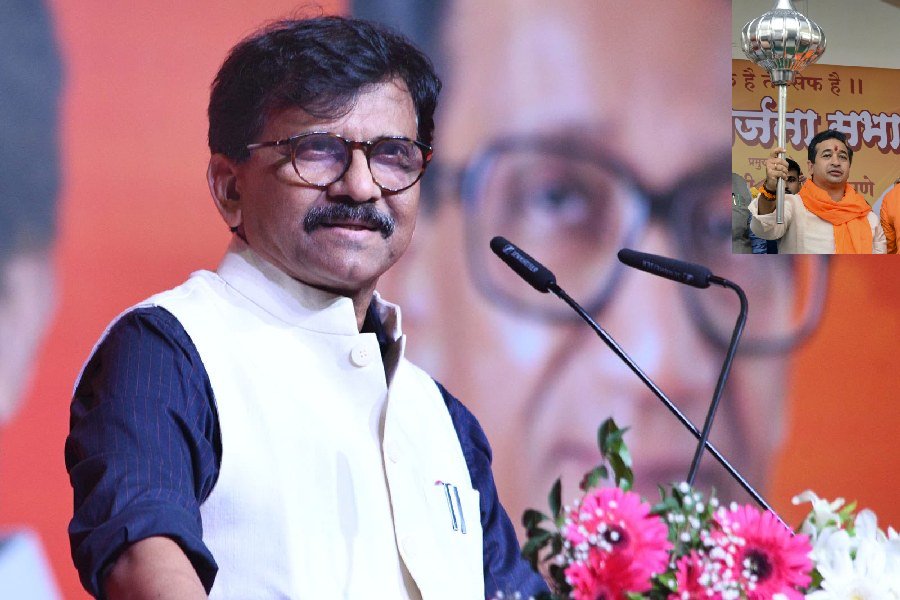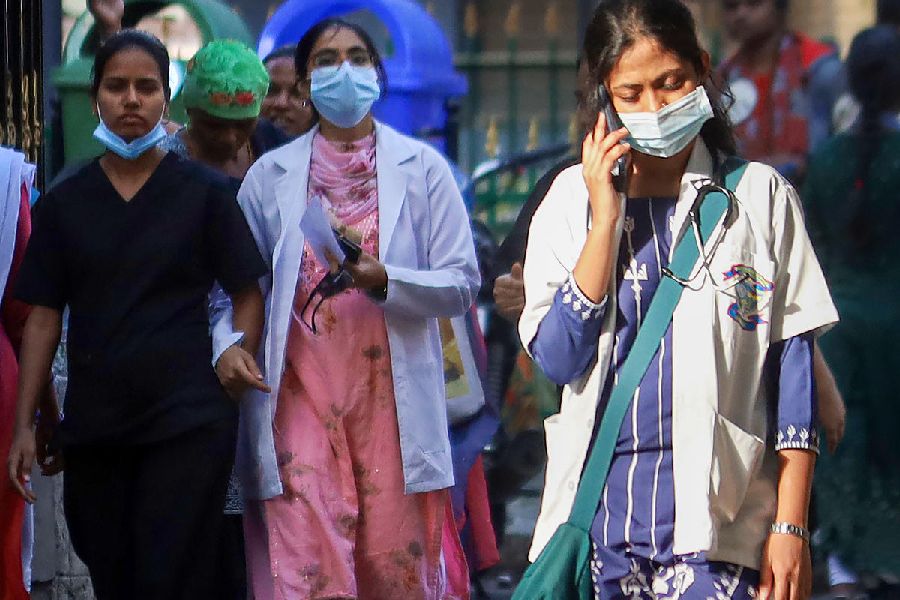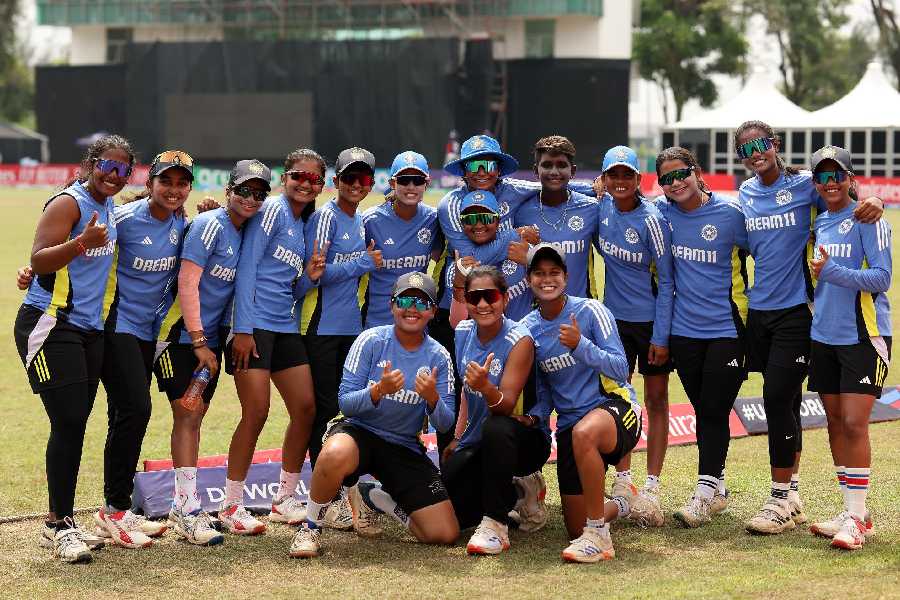India’s technical education regulator has this year recorded the closure of 179 institutions, the highest in at least nine years, with experts saying that the Covid-induced economic doom and bleak job prospects has hastened the fall of the already struggling colleges.
These institutions, which had not been getting adequate number of students because of a gloomy job market and economic decline over the past few years, in addition to poor quality of teaching and infrastructure, remote locations and the availability of cheaper online courses, were struck the death blow this time with students not seeking admission in enough numbers for the colleges to remain viable. The Covid crisis has further shrunk job opportunities and the spending capacity of parents, the academics said.
Another 134 institutions did not seek approval from the All India Council of Technical Education to admit students for the 2020-21 session. The AICTE gives approval to institutions that offer courses in engineering, management, computer application, hotel management and town planning.
The AICTE website displays closure data dating back to the 2012-13 academic year.
The council has given approval to 9,691 institutions to admit students in different courses in the 2020-21 academic year, according to the website. The intake of students approved for these institutions is 30,88,512, compared to 31,00,387 last year.
As many as 762 colleges have discontinued at least one course or a department this year, according to the data.
Because of the closure of institutions, courses and departments, and colleges not seeking approval to admit fresh batches of students, the number of seats had come down by nearly 1.54 lakh. However, with 164 new colleges taking approval for the 2020-21 session and 1,311 institutions receiving permission to begin new courses, 1.42 lakh seats have been added, bringing down the net reduction in seats to 12,000.
AICTE chairman Anil Sahasrabudhe said 50 per cent of the seats had been going unclaimed in the approved institutions for the past five years and that closure due to poor admission numbers was a regular phenomenon.
“This year, the Covid outbreak is a contributing factor for the closure and institutions not applying for fresh approval. Covid cases had been reported in Kerala before the approval process began in January-February,” Sahasrabudhe said.
He ruled out apprehensions of more sets going vacant this year.
Binod Dash, honorary secretary of the Odisha Private Engineering College Association, attributed the closure of a large number of institutions to the lack of enough number of students to sustain the colleges.
“Institutions are closing because students are not coming. Students’ flow is directly linked to employment prospects. Nobody knows when the job market will pick up. That may be a factor for students not taking up engineering courses, leading to the closure of colleges,” Dash said.
In Odisha, the average tuition fee per annum in BTech courses ranges from Rs 50,000 to Rs 80,000, he said. “If the student are not assured jobs, they will prefer to spend that money elsewhere,” Dash said, adding that no college had been closed in Odisha.
Former AICTE chairperson S.S. Mantha said the 134 institutions that had not sought approval for fresh admissions were as good as closed. He said many institutions directly apply to the AICTE for closure while some do not seek approval for fresh batches, indicating plans for imminent closure.
“The closure is mainly because of declining employment opportunities, the Covid outbreak and the availability of online education at cheaper rates. The job situation is stressed because many small companies have closed down and the big industries are relying more on automation,” Mantha said.
The AICTE allows an institution to close down only after it transfers its students to other institutions within the state. Those that have not applied for approval may gradually encourage their existing batches of students to take transfer to other colleges.
Mantha said many of the nearly 31 lakh seats approved this year might not be filled up. The AICTE has allowed institutes to complete the admission process by October 15.
“You must look at the capacity of parents to fund engineering and management education. Many parents have lost their jobs or taken salary cuts. Since job prospects are low, the students may prefer general graduation degrees. The vacancies could be high this year,” he said.
Mantha said the overall cost of education would come down this year, and the quality of education would suffer.
“For quality education, the institutions need to spend on good teachers for the regular mode and also on good online material. Institutions by and large have not been spending much on these aspects. This year, they will spend even less,” he said.









